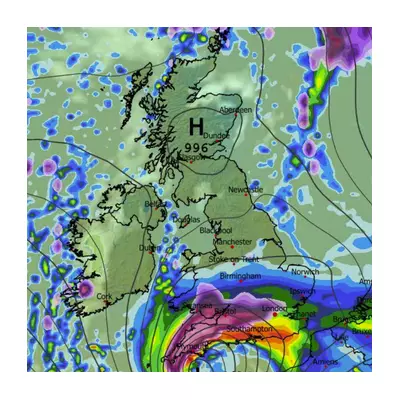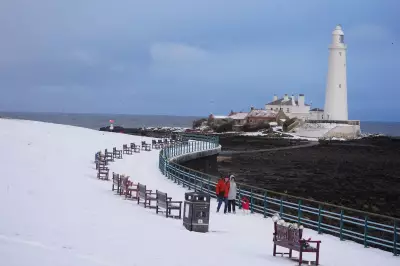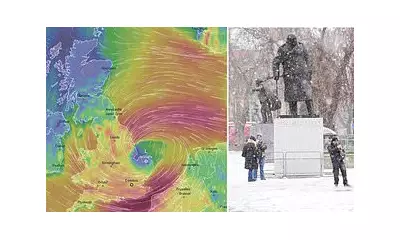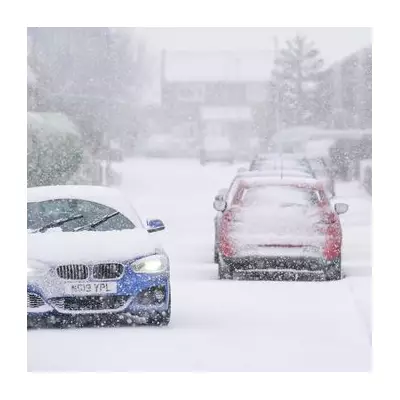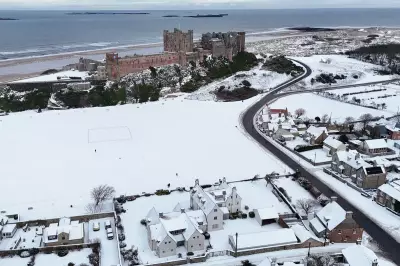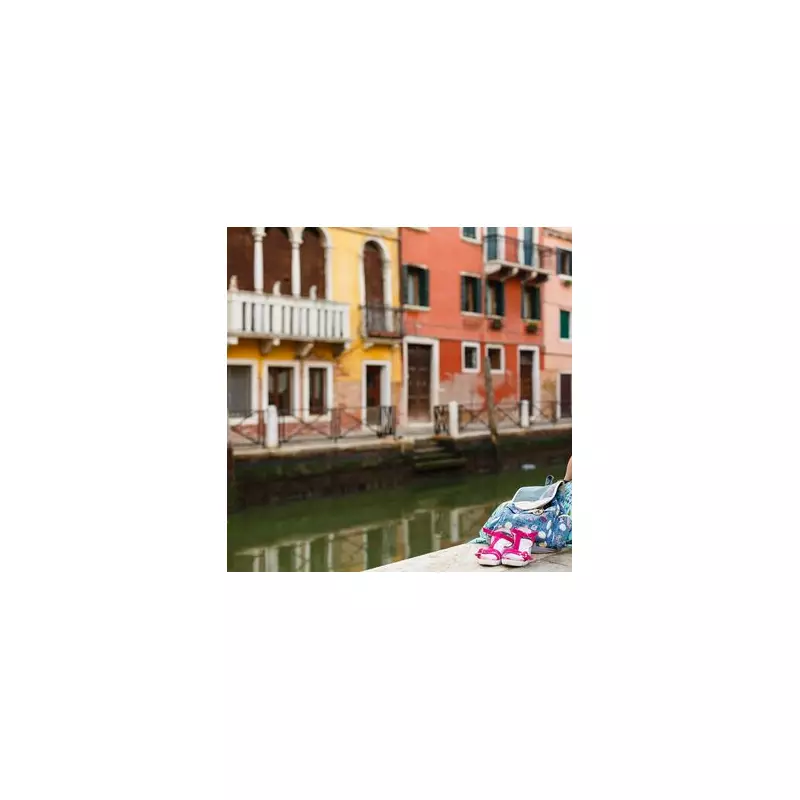
When Samantha Wilson set off from Cheshire to visit family in Cumbria, she expected a straightforward journey up the M6 motorway. Instead, she found herself on an unexpected adventure through farmland and narrow country lanes that added nearly 400 miles to her trip.
The Moment Everything Went Wrong
"I thought I knew the way," Samantha recalled, "but I decided to use Google Maps just to check for traffic. That's when things started to go seriously wrong."
Rather than directing her to join the M6 as expected, the navigation app instructed her to take a series of increasingly narrow roads that eventually deteriorated into a single-track farm road barely wide enough for her car.
A Driver's Worst Nightmare
What followed was every driver's worst nightmare. Samantha found herself navigating treacherous terrain with no turning spaces, overgrown hedges scraping against her vehicle, and the growing realisation that she was completely lost.
"I was genuinely terrified," she admitted. "There were points where I thought I might have to abandon my car and walk to find help. The road just kept getting worse and worse."
The Costly Consequences
The ill-fated detour had significant consequences:
- Nearly 400 unnecessary miles added to her journey
- Multiple hours of additional driving time
- Significant stress and anxiety
- Potential damage to her vehicle from the rough terrain
Expert Advice for Avoiding Navigation Disasters
Travel experts suggest several strategies to prevent similar situations:
- Always check your route overview before setting off
- Compare app suggestions with your knowledge of the area
- Keep traditional maps as backup for remote areas
- Trust your instincts if a route seems questionable
Despite the ordeal, Samantha maintains a sense of humour about the experience. "I've definitely learned my lesson about blindly following technology," she said. "Next time, I'll trust my own sense of direction a bit more."
The incident serves as a cautionary tale for the millions of drivers who rely on navigation apps daily, reminding us that sometimes, technology doesn't always know best.

